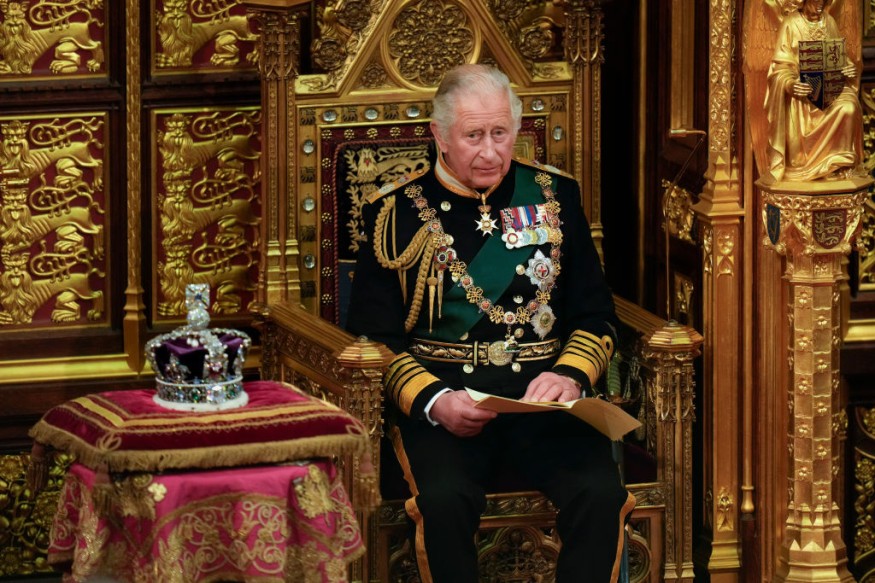Antigua and Barbuda May Remove King Charles III as Head of State

King Charles III ascended to the British throne following the death of his mother, Queen Elizabeth II. However, he might not be the King for long... at least in the Caribbean country of Antigua and Barbuda.
Antigua and Barbuda Prime Minister Gaston Browne recently told ITV News that they are planning to hold a referendum on whether or not the new King of the U.K. will continue to serve as the Caribbean country's head of state.
If the country does choose to remove the British monarchy as its head of state, the country will become a republic in the next three years, according to Prime Minister Browne. The referendum is set to happen in three years if things go according to plan, though it is no guarantee that the small Caribbean country will exit the Commonwealth, as its citizens might vote to stay.
Antigua and Barbuda Prime Minister Stressed This Is 'Not an Act of Hostility'
Antigua and Barbuda had been under British rule until it was granted its independence in 1981. However, it is still part of the British Commonwealth, along with Canada, New Zealand, and Australia, with the British Monarch serving as its head of state.
BBC News reported that Prime Minister Gaston Browne emphasized that this was not an act of hostility. He also stated that there are no differences between Antigua and Barbuda and the Monarchy.
Browne explained that this is just "a final step to complete the circle of independence to become a truly sovereign nation."
Caribbean Countries Opting Out of the Commonwealth Started With Barbados
Last year, Barbados declared itself a republic and severed its final imperial links to Britain and the Monarchy, as it removed the Queen as its head of state. This raised more questions about the Monarchy's role in the region, as other countries seem to be following suit.
Barbados was the first state in nearly three decades to decide to remove the British monarch as head of state, with the last one being Mauritius in 1992. Dame Sandra Mason, 72, was sworn in as president following the Queen's removal last year.
This fact was highlighted during Prince William and Catherine's trip to three Commonwealth countries in Belize, Jamaica, and the Bahamas, according to CNN. This was all part of Queen Elizabeth II's Jubilee celebrations.
However, things did not go as planned for the royals when Jamaica's Prime Minister Andrew Holmes told the Royal Couple that their country was "moving on" and will attain its "true ambition" to be "independent." Prince William stated he respected their decision if ever Jamaica does decide to leave the Commonwealth.
However, not all is lost for the former empire as Australia ruled out a similar vote within the next four years. The Queen's death reignited the monarchy debate in Australia, especially with a staunch republican like Prime Minister Anthony Albanese at its helm.
The Commonwealth currently includes 14 countries, with King Charles III serving as the head of state for Antigua and Barbuda, Australia, The Bahamas, Belize, Canada, Grenada, Jamaica, New Zealand, Papua New Guinea, Saint Kitts and Nevis, Saint Lucia, Saint Vincent and the Grenadines, Solomon Islands, and Tuvalu, as well as the United Kingdom itself.
This article is owned by Latin Post.
Written by: Rick Martin
WATCH: Antigua & Barbuda To Vote On Severing Ties To British Monarchy - CBS Miami
Subscribe to Latin Post!
Sign up for our free newsletter for the Latest coverage!

















